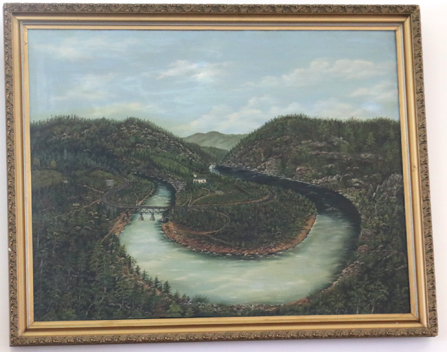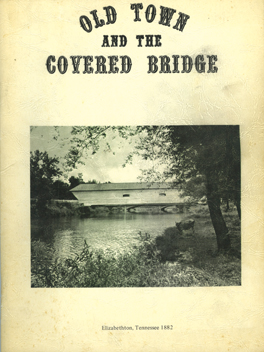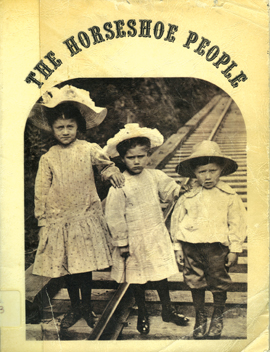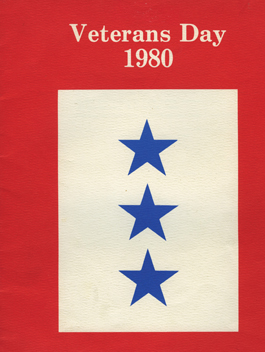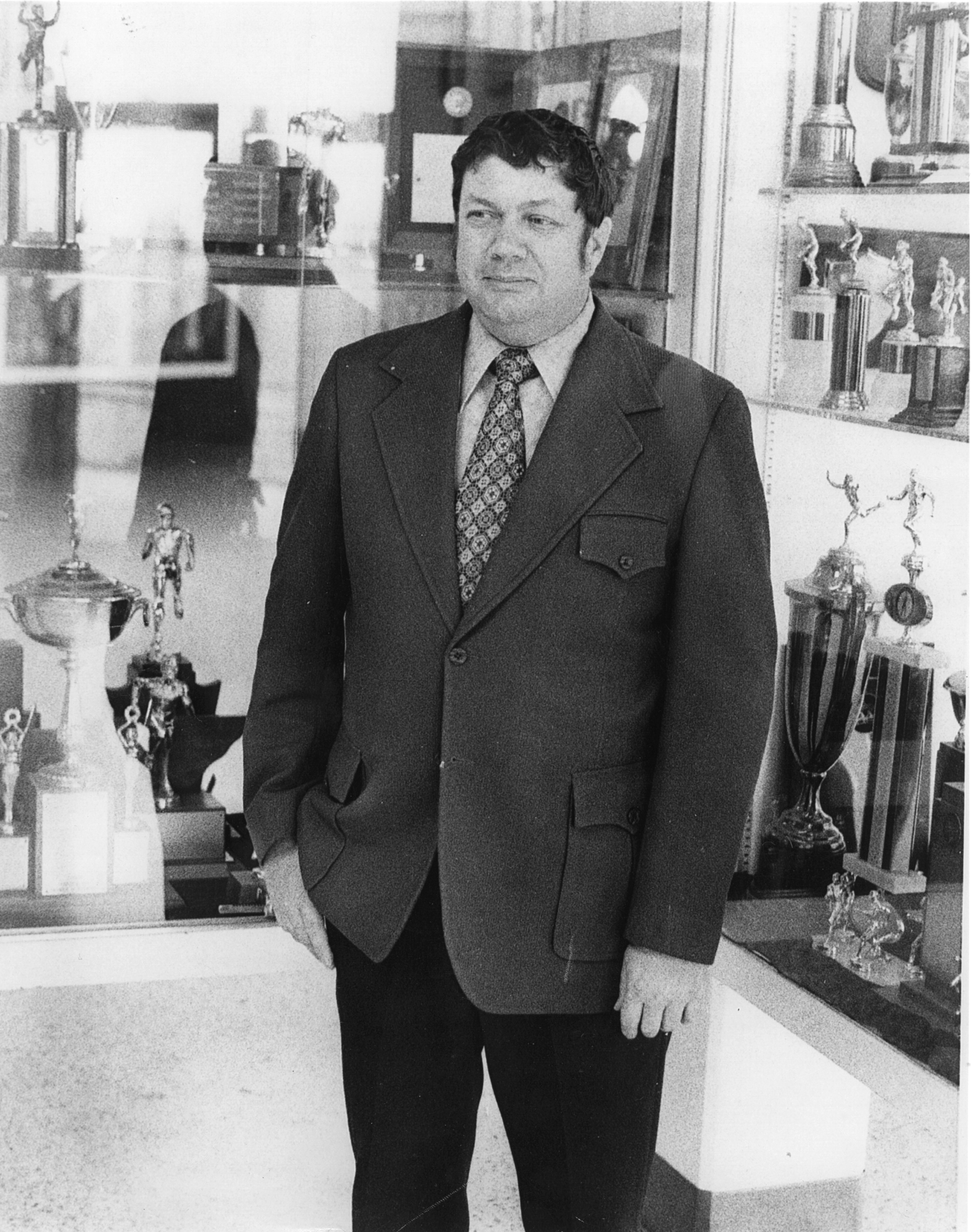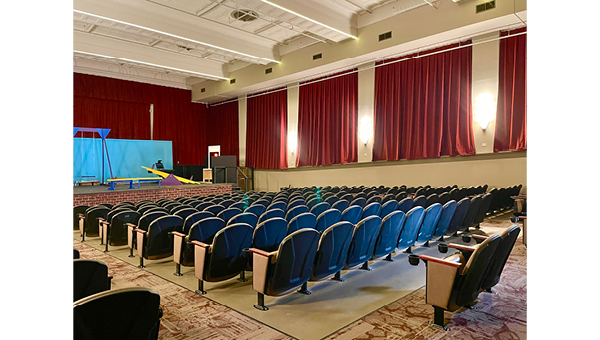Some of Dan Crowe’s historical collection donated to local library
Published 8:31 am Monday, December 16, 2019







When Coach Dan Crowe died, he had a roomful of memorabilia that he had collected through the years — books, photographs, school yearbooks, a collection of Spinnerettes, and even copies of a newsletter Minister Fred Smith did for East Tennessee Christian Home.
The material stayed in that room until a few weeks ago when Crowe’s remaining family, a son-in-law, Dr. Gary Reedy, asked one of the coach’s friends, Bob Hardin, to go through the collection and dispose of it meaningfully. Crowe’s widow, Wilma, died this past July.
Hardin, too, grew up in the Siam Community and was familiar with much of the material that Crowe had collected. He spent days sorting through books, papers, and photos to determine their best use. Some went to the Kingsport School System, some to Dobyns-Bennett High School, where Crowe was track coach for a number of years, and other material was given to the Appalachian Archives at ETSU, some to Siam Baptist Church, where Crowe and his wife, Wilma, were long-time members, and the remainder to the Elizabethton-Carter County Public Library.
Crowe, who was a TSSAA Hall of Fame track and field coach, died in 2005. A daughter, Judy Crowe Reedy, died in August 2018.
Crowe was more than just an athlete and coach. He was also a teacher, and a poet and writer.
Crowe grew up in the Horseshoe Community of Carter County, and for many years lived in the old Horseshoe School, which he remodeled and added to, making it a comfortable home with a view of Wilbur Dam and the mountains across the way. His Horseshoe Community roots provided the backdrop for many of his writings.
He was an educator for 34 years and began his teaching career at the one-room Fairview School off Simerly Creek Road. He also taught at Valley Forge Elementary School, where he introduced this writer, when in the seventh grade, to local history, especially that of the Civil War era. From there he went to Hampton High School, where he taught social studies and organized the school’s first track team. Again, this writer studied under him at Hampton, and my love for local history grew.
From Hampton High, Coach Crowe went to Dobyns-Bennett High School, where he taught social studies and again introduced the study of local history into the curriculum. He also coached track at Dobyns-Bennett, earning three state championships.
He also coached and taught for a brief period at East Forsyth High School in North Carolina.
Coach Crowe also authored two books — Old Town And The Covered Bridge and The Horseshoe People. He also wrote several booklets — Hoover Day in Elizabethton; Veterans Day 1980; Old Butler, and Watauga Academy. He also compiled a small booklet on the history of Siam Baptist Church and a booklet of poems inspired by his service time in Korea, and another about athletes — distance runners, discus throwers, shot putters and pole vaulters.
Crowe was a U.S. Army veteran of the Korean War, serving with Companies E and F of the 1950 National Guard in Elizabethton.
He enjoyed collecting oral stories from the people of the Horseshoe, Butler, Elizabethton, and other places he lived and taught. Crowe said he found that one story often led to another, thus, he began collecting the stories, sometimes compiling them into a booklet, such as the History of Siam Baptist Church.
Crowe enjoyed teaching and writing. And, he challenged his students to read and become a student of the history in their community. His innovative teaching techniques garnered him the 1985 East Tennessee Teacher of the Year Award and the Excellence in Teaching Award given by NBC and the Carnegie Foundation in 1989.
Crowe often credited his love for writing to his winning an essay contest when he attended Elizabethton Junior High School.
Crowe’s roots went deep in Carter County, and he had a rich heritage. He was the grandson of Tom and Sallie Crowe of the Horseshoe Community. They saw 23 of their grandchildren serve in World War II — 11 were blood kin, one of whom was a granddaughter, in addition to 12 boys who had married into the family. About Granny Crowe, Crowe wrote in “The Horseshoe People,” she organized prayer groups and they prayed about every night “fer the soldier boys.” She put out a victory garden. And every time a boy’d come home on leave she’d cook a big dinner for him. Sallie and Tom for a time ran a boarding house out of their home, putting up railroad workers and loggers.
Crowe not only had a love for his Horseshoe family and neighbors, but he loved his home church, Siam Baptist. He was a member and deacon of the Siam Baptist Church, and for many years served as a Sunday School teacher. He was a man of strong faith.
This writer remembers Crowe as a man of few words, as an encourager, kind, but yet funny. He made his classes interesting by telling stories about Dan Ellis of local Civil War fame, of well-known landmarks such as the old Dungan Mill in Hunter, and of the men and women who lived before him and built communities and churches.
Joe Penza, historian at the Elizabethton library, was excited about receiving much of Crowe’s collected memorabilia. “Among the items we received was a binder of notes on the Covered Bridge, and photos used in his book, and two of the most exciting pieces were yearbooks from Douglas High School — 1962 and 1965 yearbooks. These are priceless pieces as we have so little collected history at the library of the African-American community in Elizabethton,” Penza shared.
Among the pieces in the donated material were the Memoirs of George Dugger, Sr.; photos contained in his books, including the Doe River Woolen Mill, the Watauga Extract Plant, and even a photo of Fannie Atwater, who supposedly was the first person to cross the Covered Bridge.
Also contained in the collection is a number of Spinnerettes, the magazine published monthly by the rayon plants.
His collection of material at the library is a good way to spend a winter afternoon. They brought Crowe much enjoyment, and now they are in a place where others can enjoy them.



